
Investment in Renewable Energies Drops Globally
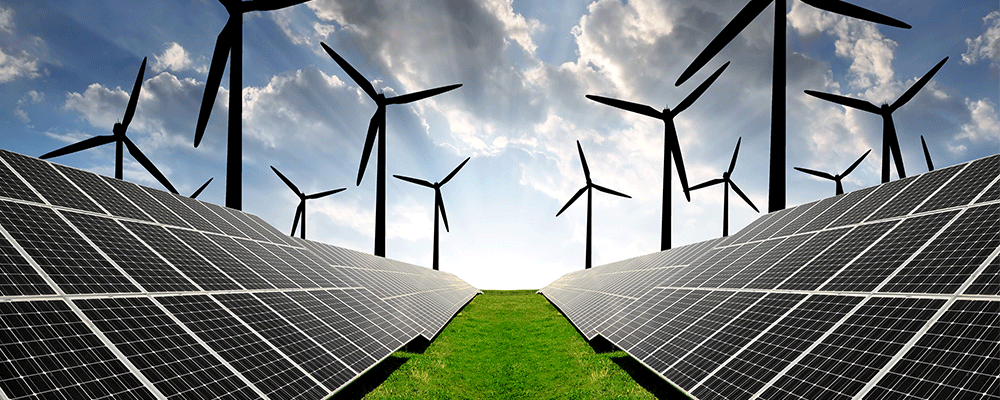
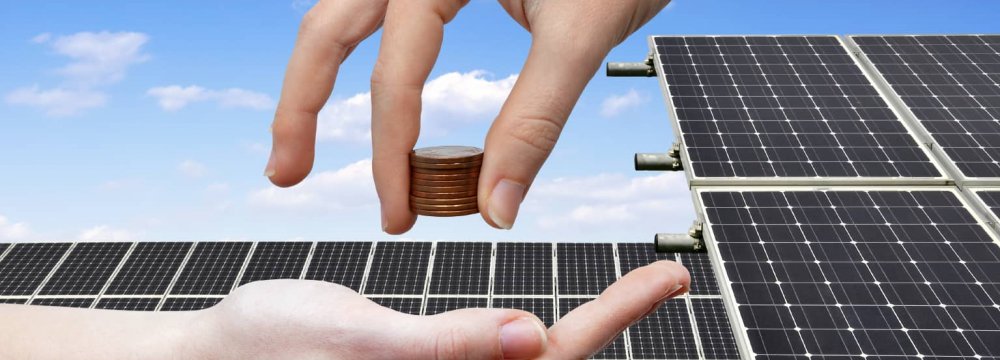
Overall investments reached $241.6 billion last year, down from $312.2 billion in 2015, said the United Nations Environment Program. But investors got more bang for their buck: renewable energy capacity increased by 138.5 gigawatts, 8% more than the 127.5 gigawatts added the year before, AP reported.
That is because installing solar, wind and other systems for generating renewable energy became cheaper last year.
China invested $78.3 billion, about a third less than the previous year — the first drop in over a decade. US investment dipped by 10%, to $46.4 billion, as developers paced their projects to take advantage of tax credits. Japan’s investment more than halved to $14.4 billion last year.
In Europe, spending on renewables increased slightly to $59.8 billion, driven by big wind power projects in Britain and Germany.
India saw the completion of a massive solar project in Tamil Nadu state in 2016. It will be the world’s biggest until China finishes expanding the Longyangxia Dam photovoltaic complex later this year.
Many countries see renewable energy as an essential part of international efforts to reduce carbon emissions that contribute to global warming.
Investment in power generated from fossil fuels was roughly half that of renewables last year, according to the report, which is based on data from Bloomberg New Energy Finance.
The proportion of electricity coming from renewable sources, not including large hydropower plants, rose from 10.3% to 11.3% in 2016.
The European electricity industry association EURELECTRIC announced last week its 3,500 members will not invest in new coal-fired power plants after 2020.


Uzbek gold miner said to eye $20 billion value in dual listing

Peabody–Anglo $3.8B coal deal on the brink after mine fire

A global market based on gold bars shudders on tariff threat

Minera Alamos buys Equinox’s Nevada assets for $115M

SSR Mining soars on Q2 earnings beat

Century Aluminum to invest $50M in Mt. Holly smelter restart in South Carolina

OceanaGold hits new high on strong Q2 results

Australia to invest $33 million to boost Liontown’s Kathleen lithium operations

China limits supply of critical minerals to US defense sector: WSJ
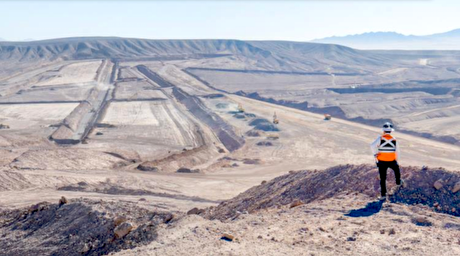
Antofagasta posts biggest profit margins since 2021
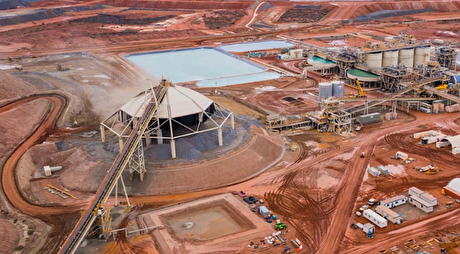
Gold Fields nears $2.4B Gold Road takeover ahead of vote

US startup makes thorium breakthrough at Department of Energy’s Idaho National Lab

Cleveland-Cliffs inks multiyear steel pacts with US automakers in tariff aftershock
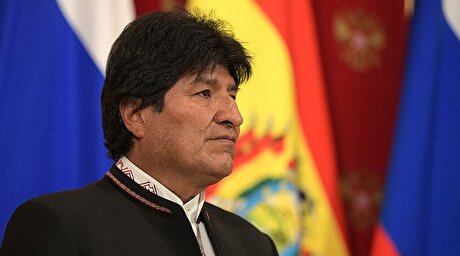
Bolivia election and lithium: What you need to know

Samarco gets court approval to exit bankruptcy proceedings
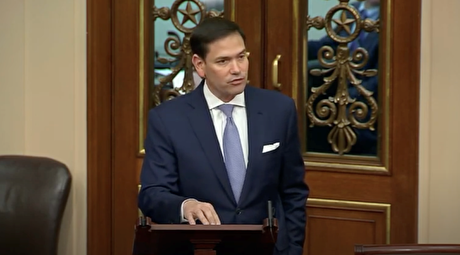
US eyes minerals cooperation in province home to Reko Diq

Allegiant Gold soars on 50% financing upsize

Explaining the iron ore grade shift

Metal markets hold steady as Trump-Putin meeting begins

Antofagasta posts biggest profit margins since 2021

Gold Fields nears $2.4B Gold Road takeover ahead of vote

US startup makes thorium breakthrough at Department of Energy’s Idaho National Lab

Cleveland-Cliffs inks multiyear steel pacts with US automakers in tariff aftershock

Bolivia election and lithium: What you need to know

Samarco gets court approval to exit bankruptcy proceedings

US eyes minerals cooperation in province home to Reko Diq

Allegiant Gold soars on 50% financing upsize

Explaining the iron ore grade shift














